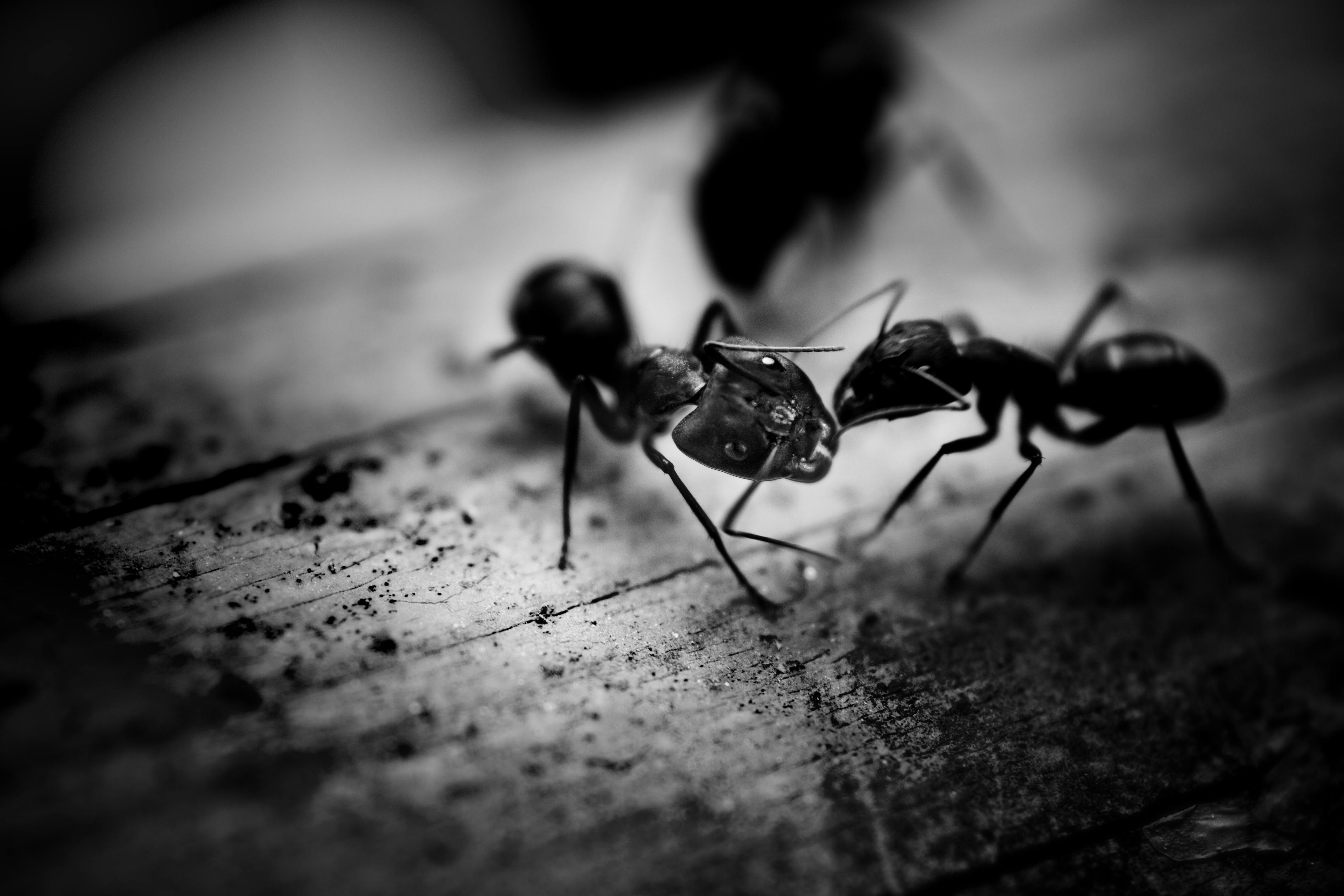The Intriguing World of Leafcutter Ants: An Insight Into Their Complex Society
Leafcutter ants, known scientifically as Atta and Acromyrmex, are a fascinating example of highly organized societies in the animal kingdom. This article provides an in-depth look into their unique way of life, which includes agriculture, warfare, and intricate social systems.

An Introduction to Leafcutter Ants
Leafcutter ants are small but mighty insects that are native to the tropical rainforests of the Americas. Their name derives from their behavior of cutting leaves into small pieces and carrying them back to their colonies. But these leaves aren’t for eating, at least not directly. This is where the true wonder of their society begins.
The Leafcutter Ants’ Agricultural Innovation
Leafcutter ants are the world’s smallest farmers. They use the leaf pieces they collect to cultivate a special type of fungus, which serves as their primary food source. This is an example of mutualistic symbiosis, where both the ants and the fungus benefit from their relationship. The ants protect the fungus from pests and mold, while the fungus provides nutrients the ants can’t get from the leaves alone. Remarkably, this agricultural system evolved approximately 50 million years ago, long before human beings started farming.
The Social Structure of Leafcutter Ants: A Miniature Kingdom
Leafcutter ants live in colonies that can contain up to 10 million individuals, each with specific roles. The queen, the colony’s only reproductive female, spends her life laying eggs. Worker ants are divided into subcastes based on size and function, including gardeners who tend the fungus, soldiers who defend the colony, and foragers who collect leaves.
Current Research and Discoveries
Recent research has revealed even more about the complex lives of leafcutter ants. Scientists have discovered that the ants use chemicals to communicate and control their fungus garden’s health. Furthermore, they’ve found that the ant colonies can live up to 15 years, an impressive lifespan for insects.
In 2021, a groundbreaking study uncovered that leafcutter ants have a sense of direction, which they use to navigate while foraging. The ants apparently make mental maps of their surroundings and can even take shortcuts—a cognitive ability previously thought to be exclusive to vertebrates.
The Impact of Leafcutter Ants on their Ecosystem and Economy
Despite their small size, leafcutter ants have a significant impact on their environment. They play a crucial role in nutrient cycling by breaking down plant material. However, their leaf-cutting behavior can also be destructive to human agriculture. In certain regions, they’re considered pests and can cause significant damage to crops.
The market for leafcutter ant control is sizable, with various methods being employed, from chemical pesticides to biological controls. However, these ants’ importance in maintaining ecosystem balance highlights the need for more sustainable management strategies.
In conclusion, leafcutter ants demonstrate the incredible complexity and innovation that can exist within the animal kingdom, even among its tiniest members. Their complex society, farming practices, and advanced cognitive abilities continue to fascinate scientists and animal enthusiasts alike, offering us a glimpse into a world that’s small in size but grand in scale.




